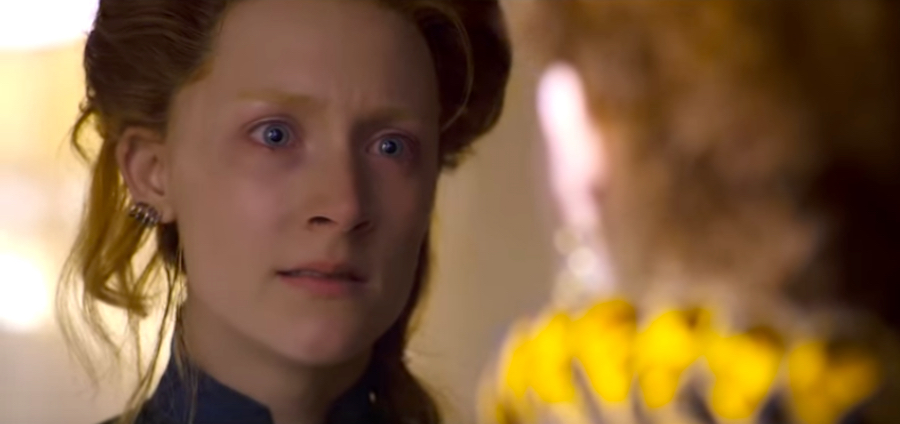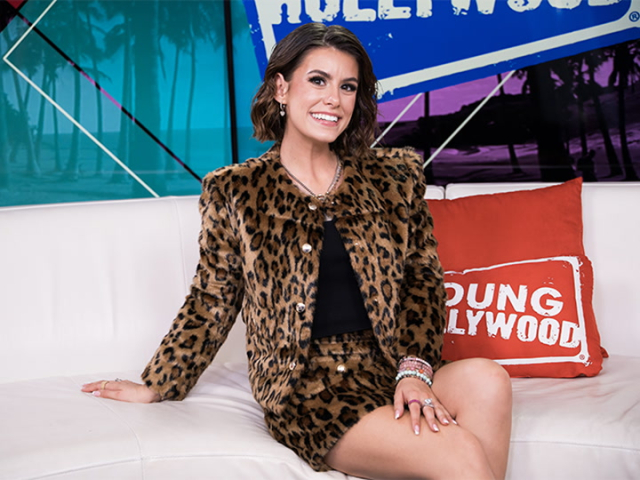Spilling The Tea on 'Mary, Queen of Scots'!

Mary, Queen of Scots is a movie you’ve probably heard of by now. Saoirse Ronan is a gift to this world, and Margot Robbie is always surprising people, and I’ll be watching Mary, Queen of Scots for these two alone. That being said, if you’ve seen the trailer for this movie, you’ve probably already heard of the ways in which it is not exactly historically inaccurate. Well, folks, I’m here to ask: and what about it?
Let’s unpack the two biggest historical inaccuracies I keep hearing about and ponder whether they really matter in the end.
Mary's Accent
Queen Mary was born in Scotland and was relocated to France when she was 5 years old. She was known for having French manners and expressions, but her French accent is somewhat up for debate. Most kids are talking by the age of 5, and accents are developed when children first learn to talk. A child learning Scots (the language that was spoken in Scotland at the time) until the age of 5 would most likely carry her accent with her over to France. Sure, she learned French, and indeed could probably speak French with a perfect French accent, but when she was speaking Old English, it probably sounded a lot like a Scottish accent mixed with a French one. Mary knew 6 languages at least, so let’s give her accent some breathing room please.
Mary and Elizabeth’s relationship
It’s true that Queen Mary and Queen Elizabeth never met in person, but they did have many long conversations through letters. The two had an alliance through words for a long while, though it could be true that it was a “keep your enemies closer” kind of situation. I think this gets a pass because trying to center a movie around letter correspondence is a tricky thing—it’s why movies nowadays rarely show text conversations between people even though that’s many of our main interactions with each other. It just doesn't have the gravity of a face-to-face showdown. The bigger question is how Mary, Queen of Scots is going to handle Elizabeth’s role in Mary’s execution. (Sorry for the 431-year-old spoiler.) It’s true that Elizabeth was threatened by Mary, who was trying to secure her and her son’s right to the English throne. She was apparently plotting the assassination of her cousin Elizabeth to make this happen. But as always, it’s more complicated than at first glance. Mary denied that she had written the letters (and had already had an issue with forgeries after the death of her second husband). Others argued that Mary wasn't an English citizen and couldn't even be tried in an English court. She was tried anyway, and sentenced to death. Here's where it gets even more murky -- Did Queen Elizabeth know she was signing for Mary’s execution? Some say she was tricked into signing her approval, and she herself tried to deny that it was something she wanted. When she found out about the news, she was angry and declared that her Council had acted without her authority. Is this a crazy case of miscommunication, or just a Queen covering her tail? I’m eager to see what the movie makes of it.
The ironic twist to this whole saga is, on her deathbed in 1603, Elizabeth named Mary's son, James, her heir.
So yes, there are some inaccuracies in the trailer that reminded viewers that Mary, Queen of Scots is not a documentary. However, I say, let it go, and do your research, because truth is always stranger than fiction, and this whole story is really, really strange. Watching Mary Queen of Scots should be a fun chance to see what these filmmakers make of a twisting and timeless tale.
Oh also, people complaining about people of color being in this movie, I worry about you.
(Image via Focus Features)
- Meg Spaulding, YH Contributing Writer



